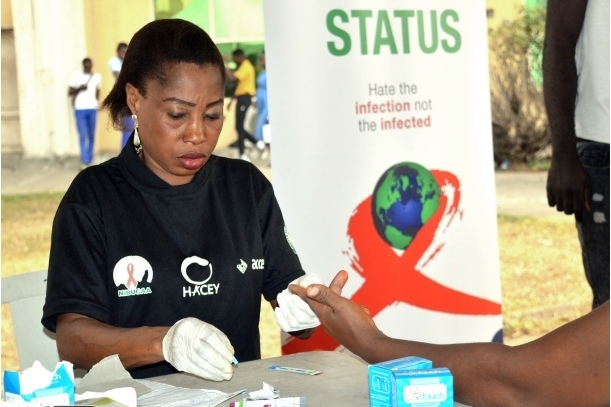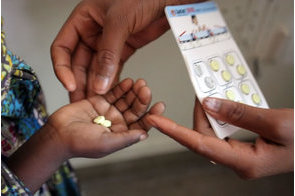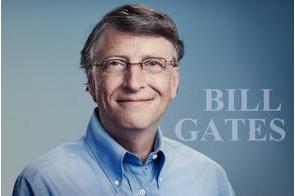Access Bank sustains support for HIV/AIDs, NTDs interventions during Lagos marathon

Summary
Participants at the Access Bank's week-long Marathon Expo were also educated on NTDs, which also constitute a major public health challenge.
Strengthening global capacity to prevent, detect, respond and treat diseases is critical to saving lives. It is also crucial to reducing the economic cost of diseases on households and communities, especially in developing nations like Nigeria. Access Bank Plc is at the forefront of efforts to increase awareness on diseases and improve funding to improve health care delivery in Nigeria and Africa.
The largest retail bank on the continent has been playing a key role in some of the stakeholder programmes geared towards curbing the epidemics of HIV/AIDS and Neglected Tropical Diseases (NTDs). Last month, as part of its community investment initiatives, Access Bank carried out sensitisation and testing exercises during the week of the Access Bank Lagos City Marathon 2020, which held on Saturday, February 8.
Access Bank is the lead sponsor of the annual sport event, held in partnership with the Lagos State Government (LASG). Prior to the day of this year’s marathon, the bank organised the Marathon Expo from February 3-7. During the expo, free HIV tests were carried out on 2,192 people, with an additional 989 people tested on the day of the race. Those tested included the marathoners and the general public.
The HIV (human immunodeficiency virus), which causes AIDS (acquired immune deficiency syndrome), is considered one of the world’s most serious public health challenges. The term AIDS was used for the first time in the early 1980s by the United States Centers for Disease Control and Prevention (CDC) to describe a disease that was "at least moderately predictive of a defect in cell mediated immunity, occurring in a person with no known case for diminished resistance to that disease." Almost 40 years after, millions of people have died from HIV/AIDs and there is still no cure.
However, people who get access to antiretroviral therapy (ART) as soon as possible, following a positive HIV diagnosis, prevent transmission to others and go on to live long lives. But not enough people have access to antiretroviral treatment. New HIV infections are still being recorded. An estimated 1.7 million individuals worldwide became newly infected with HIV in 2018, according to World Health Organisation (WHO).
In the same year, 37.9 million people around the world were living with the virus. Only 62 per cent of those living with HIV had access to ART. In fact, 8.1 million people with the virus did not even know they had it. Nigeria has the second largest HIV epidemic in the world, after South Africa.
Participants at the Access Bank's week-long Marathon Expo were also educated on NTDs, which also constitute a major public health challenge. The group of parasitic and bacterial infectious diseases affect more than 1.7 billion in 149 countries – the overwhelming majority of those infected are children. WHO said people living in poverty and without adequate sanitation are those worst affected.
The expo provided awareness on some NTDs, including river blindness, lymphatic filariasis (commonly known as elephantiasis), trachoma, intestinal worms and schistosomiasis (also known as snail fever). Other diseases in the NTD portfolio are dengue fever, leprosy (Hansen’s disease) and rabies. In Nigeria, about 131 million people are reportedly in need of treatment for at least one NTD.
Among Access Bank's strategic partners in the efforts to lead private sector support to improve health outcomes in Nigeria and Africa are HACEY Health Initiative, a non-profit focused on improving the health and productivity of vulnerable and underserved populations in Africa; The END Fund, a New York-based charitable organization focused on delivering NTD treatments; and the Nigeria Business Coalition Against AIDS (NiBUCAA), which drives private sector response to HIV/AIDS in the country.
Access Bank’s Group Managing Director, Herbert Wigwe, stressed the need for continued education on the diseases. Wigwe, who is also co-Chairman of NiBUCAA, urged the public to be aware of their HIV status and pay closer attention to the prevention and treatment measures. He said, “The HIV disease has been a scourge on the Nigerian, and indeed, African society over the last few years. Hence, Access Bank, in collaboration with some of our partners, have decided to use the Access Bank Lagos City Marathon as a springboard to sensitize as many people as we can.”
His comments were echoed by Head of Sustainability, Access Bank, Omobolanle Victor-Laniyan, who further praised the efforts of the private sector in increasing HIV awareness. Victor-Laniyan called on more organisations to support efforts to carry out community impact projects to improve health outcomes in the country.
Kenyan marathoner, David Barmasai, won the 2020 Lagos City Marathon. The 31-year-old also set a new record, crossing the finish line in two hours, 10 minutes and 20 seconds. Ethiopia’s Sintayehu Legese won last year's race in two hours, 17 minutes and 28 seconds.
Related
-
Access Bank supports efforts to eradicate malaria in Africa
155 million people suffered from malaria in Africa in 2018, compared to 4.5 million people so far infected with COVID-19 on ...
-
Malaria’s deadly comeback
Artemisinin resistance could move into India and onward to Sub-Saharan Africa and the rest of the world, putting millions ...
-
Gates, Dangote foundations sign MoU with Kano State on healthcare delivery
Bill Gates expressed his foundation’s determination to wipe out polio and other related diseases in Nigeria.










